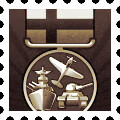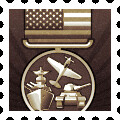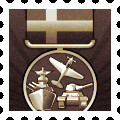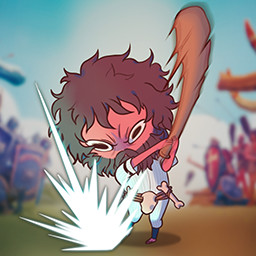Install Steam
login
|
language
简体中文 (Simplified Chinese)
繁體中文 (Traditional Chinese)
日本語 (Japanese)
한국어 (Korean)
ไทย (Thai)
Български (Bulgarian)
Čeština (Czech)
Dansk (Danish)
Deutsch (German)
Español - España (Spanish - Spain)
Español - Latinoamérica (Spanish - Latin America)
Ελληνικά (Greek)
Français (French)
Italiano (Italian)
Bahasa Indonesia (Indonesian)
Magyar (Hungarian)
Nederlands (Dutch)
Norsk (Norwegian)
Polski (Polish)
Português (Portuguese - Portugal)
Português - Brasil (Portuguese - Brazil)
Română (Romanian)
Русский (Russian)
Suomi (Finnish)
Svenska (Swedish)
Türkçe (Turkish)
Tiếng Việt (Vietnamese)
Українська (Ukrainian)
Report a translation problem


 Turkey
Turkey 





























Marcantonio Colonna – An Italian aristocrat who was admiral of the Papal fleet at the Battle of Lepanto, in 1571. The battle saw a fleet of the Holy League – an alliance of Christian nations – inflict a major defeat on the Ottomans
John Hunyadi – A leading 15th century Hungarian military figure, he was responsible for guarding the country’s southern borderlands against attacks by the Ottomans
Tours 732 – A reference to the Battle of Tours in 732AD which ended the last Arab invasion of France.
Turkofagos – A phrase which means ‘Turk-eater’ in Greek, it was the nickname of Nikitas Stamatelopoulos, a revolutionary in the Greek War of Independence which was fought against the Ottomans between 1784-1849
Acre 1189 – A reference to the Siege of Acre which lasted from 1189 until 1191, and pitted King Guy of Jerusalem against Ottoman ruler Saladin, who was attempting to retake the Holy Land from crusaders. It ended in victory for King Guy, and formed part of the Third Crusade
Feliks Kazimierz Potocki – A Polish nobleman and military leader known for leading numerous campaigns against the Turks and Tatars, including fighting in the Great Turkish War. In 1698, he defeated a force of 14,000 Tatars with 6,000 men at the Battle of Podhajce
Iosif Gurko – A Russian field marshal who fought against the Turks as part of the Russo-Turkish War (1877-1878). He led troops at the Battle of Shipka Pass
Bohemond I of Antioch – Founded the Norman monarchy in Antioch and led the First Crusade ordered by Pope Urban II to retake the Holy Land from Turkish forces between 1095 and 1099. It led to the re-capture of Jerusalem and the establishment of the Kingdom of Jerusalem
Gaston IV of Bearn – A participant of the First Crusade who was the first to enter Jerusalem after the defensive walls were breached
Pelayu - Pelagius of Asturias, a Visigoth nobleman who founded the Kingdom of Asturias. He is credited with beginning the Reconquista which lasted from 711 until 1491, and saw Christians retake the Iberian peninsula from the Moors
Sebastiano Venier – Doge of Venice who fought against the Turks during the Fourth Ottoman-Venetian War (1570-1573). As part of the Christian League, he decisively defeated the Turks at the Battle of Lepanto
Shipka pass – Reference to battle that was fought as part of the Russo-Ottoman War (1877-1878). In August 1877, a group of 5,000 Bulgarians and 2,500 Russians defeated a 40,000 strong Turkish army
Novak Vujosevic – Fought in the Battle of Fundina for the Principality of Montenegro against the Ottoman Turks. He killed 28 fighters and was later given an award by the Russian emperor